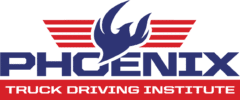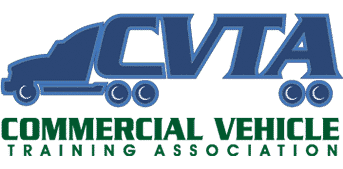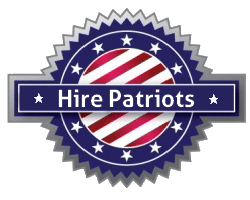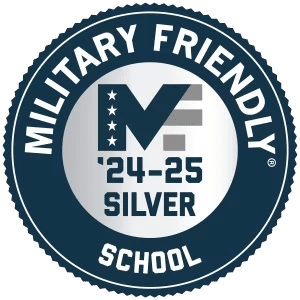If you’re considering a career in truck driving, understanding the fundamentals of logistics is crucial for success on the road. As a truck driver, you’ll be responsible for transporting goods efficiently and safely from one location to another. We provide an overview of logistics basics in this blog, including essential terms you should know. So, whether you’re a new driver or looking to enhance your knowledge, read on to gain valuable insights into the world of logistics.
Understanding Logistics
Logistics refers to the detailed coordination and management of the flow of goods and services. In the trucking industry, logistics involves planning, organizing, and executing transportation operations. Effective logistics ensure that goods are delivered on time, in the correct condition, and at the most cost-effective route. Your role as a driver is integral to the logistics process, making it vital to grasp its core concepts.
Terms to Know
You will encounter a variety of terms used to describe concepts within the transportation industry.
A few terms to know related to logistics are:
- Shipper: The entity initiating the transportation of goods.
- Receiver: The entity receiving the goods at the destination or delivery point.
- Supply Chain Management: The network of organizations, people, activities, information, and resources involved in the production, transportation, and delivery of goods, raw materials, or services from the supplier to the customer.
- Freight: The transported goods, typically in bulk, by various means, such as trucks, trains, ships, or planes.
- Intermodal freight: The transportation of goods using multiple modes of transport, such as ships, planes, freight trains, or trucks, while keeping the goods in the same container throughout the entire shipping process.
- Load Planning: Determining how to load cargo efficiently and safely onto a truck while adhering to weight and space constraints.
- 3PL: A third-party logistics (3PL) company acts as an intermediary between the shipper and the carrier(s).
- LTL (Less than Truckload): A shipment that does not require a full truckload but occupies a portion of a trailer.
- FTL (Full Truckload): A shipment that requires the entire capacity of a trailer.
- Dispatch: The process of assigning and coordinating drivers and their routes, considering factors like delivery schedules and driver availability.
- Hours of Service (HOS): The federal regulations dictate how many hours a truck driver can work in a specified period to ensure safety and manage driver fatigue.
- Route Optimization: Identifying the most efficient route for a truck driver to follow, accounting for factors including distance, traffic conditions, and fuel efficiency.
- Proof of Delivery (POD): The document or electronic record confirming the successful delivery of a shipment and may include the recipient’s signature.
- Deadhead: The empty return trip of a truck after delivering a load.
- Bill of Lading: A contract between the shipper and the carrier that outlines any specific instructions for the freight.
The Freight Transportation Timeline
The freight transport process begins when the shipper contacts the carrier or 3PL provider to arrange shipment. A bill of lading is created to outline the transport details. If the shipment is by semi-truck, a trucker collects the load from the shipper. LTL shipments go to a terminal for sorting and distribution, while FTL shipments skip this step. Intermodal shipments are picked up from a different location. The trucker ensures safe and timely delivery to the receiver, with support from the carrier. At the receiver, the trucker either drops off the trailer or waits for unloading. Some trucking types involve additional support during unloading or self-loading and unloading.
Become A Trucker Today
While gaining hands-on experience is essential, attending a reputable truck driving school can significantly benefit your career as a truck driver. By enrolling in Phoenix Truck Driving Institute, you’ll receive comprehensive instruction on various aspects of trucking, including logistics, safety regulations, vehicle maintenance, and industry best practices. Our school will equip you with the necessary knowledge and skills to handle diverse challenges on the road, enhance your employability, and increase your earning potential.
